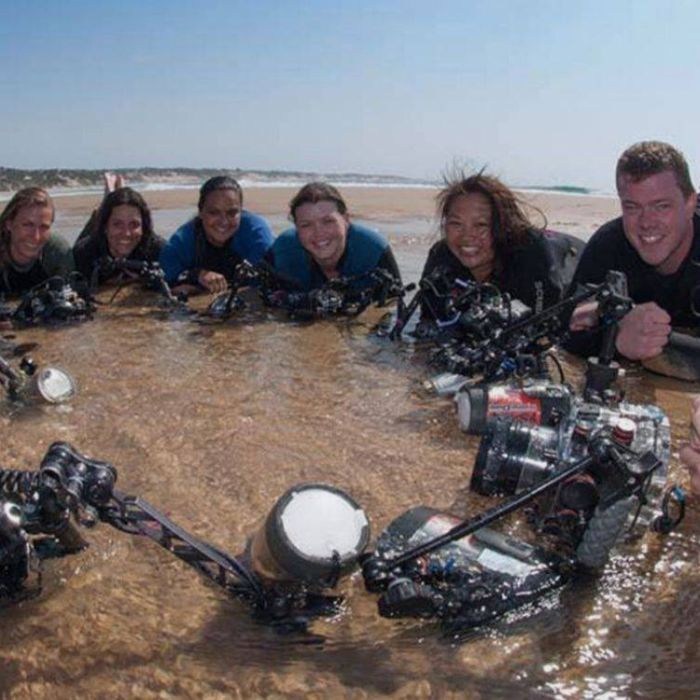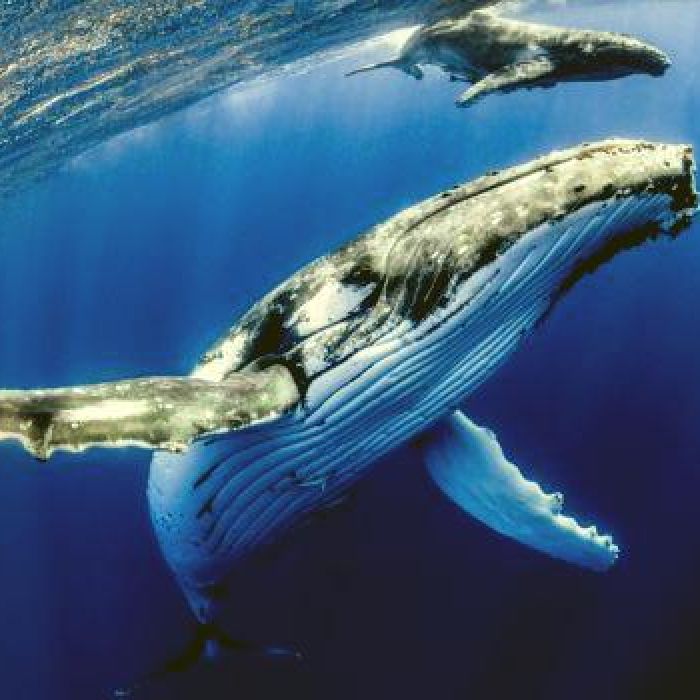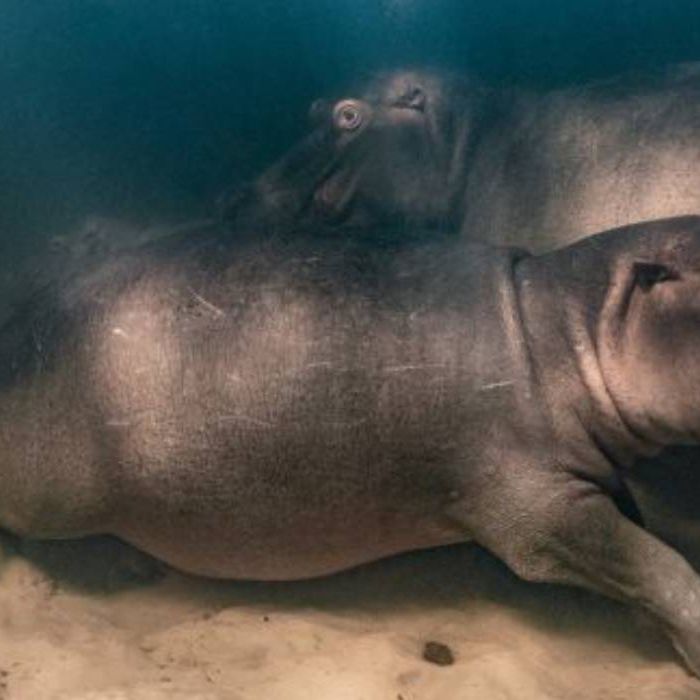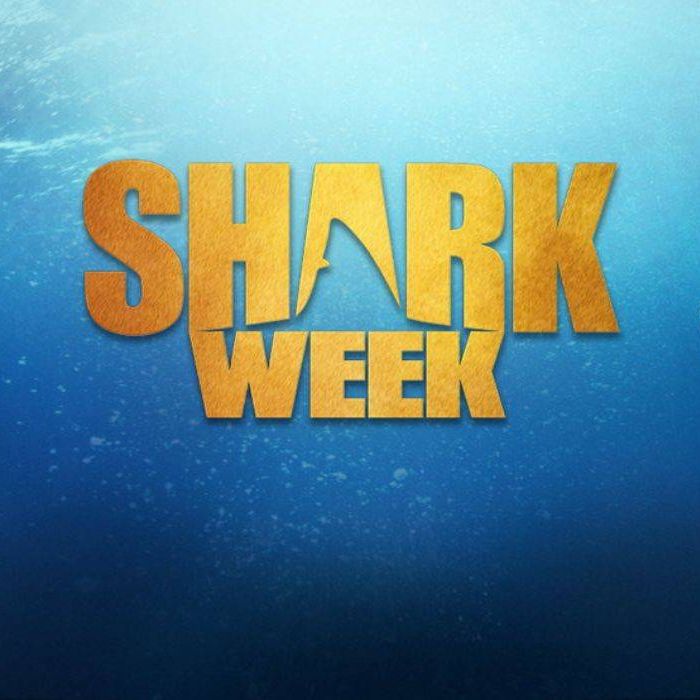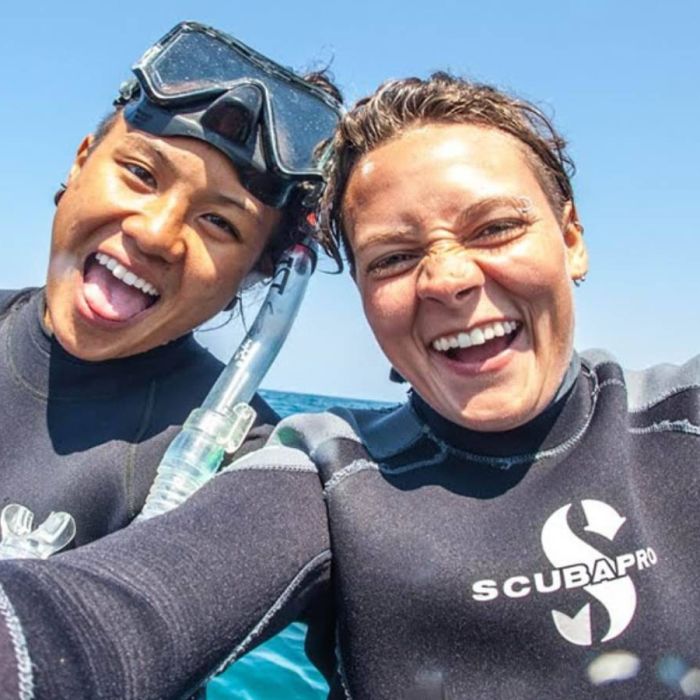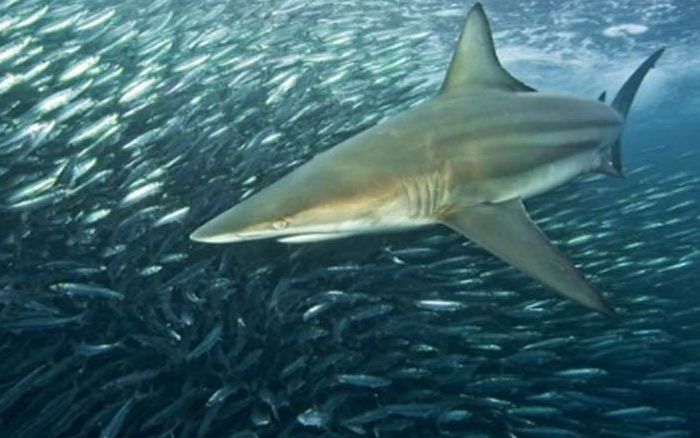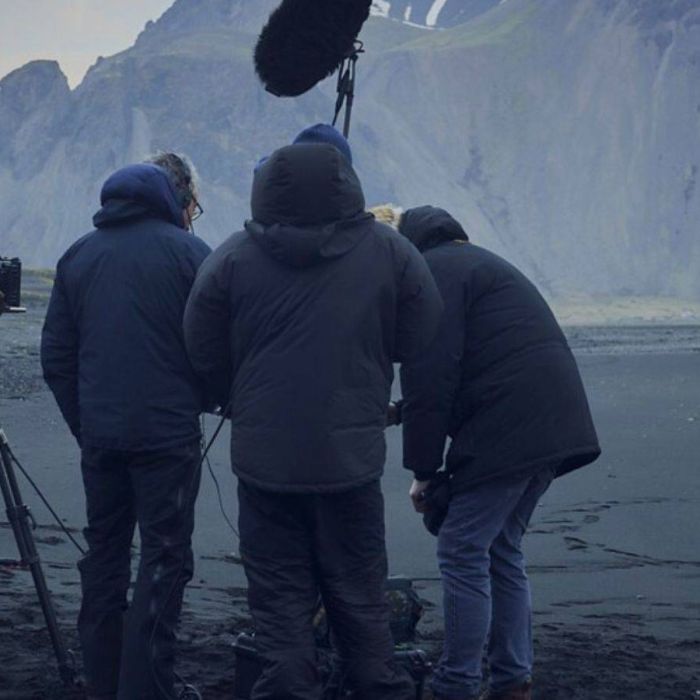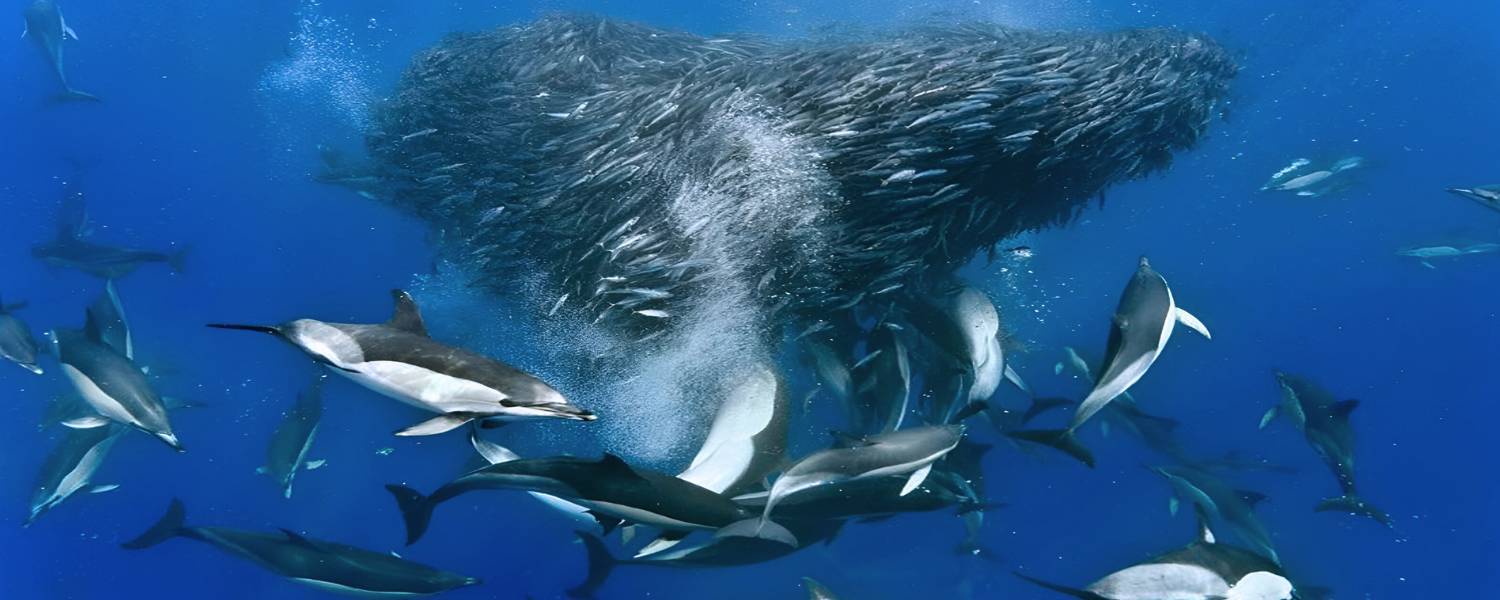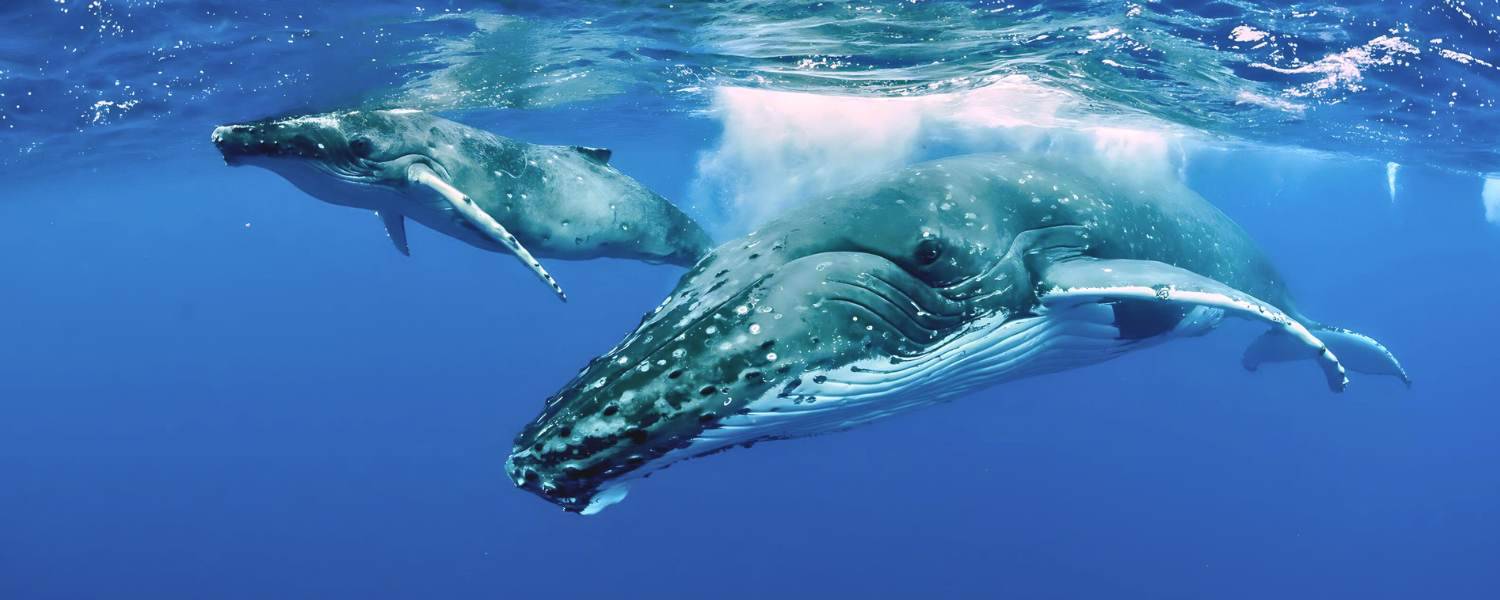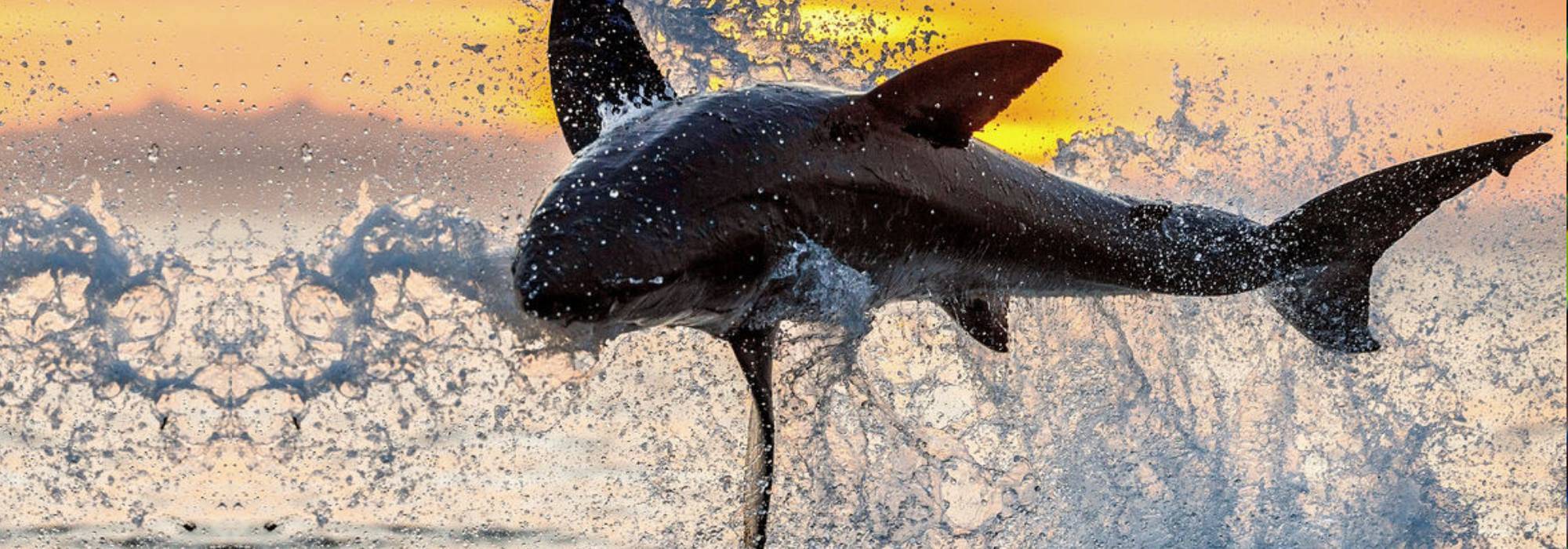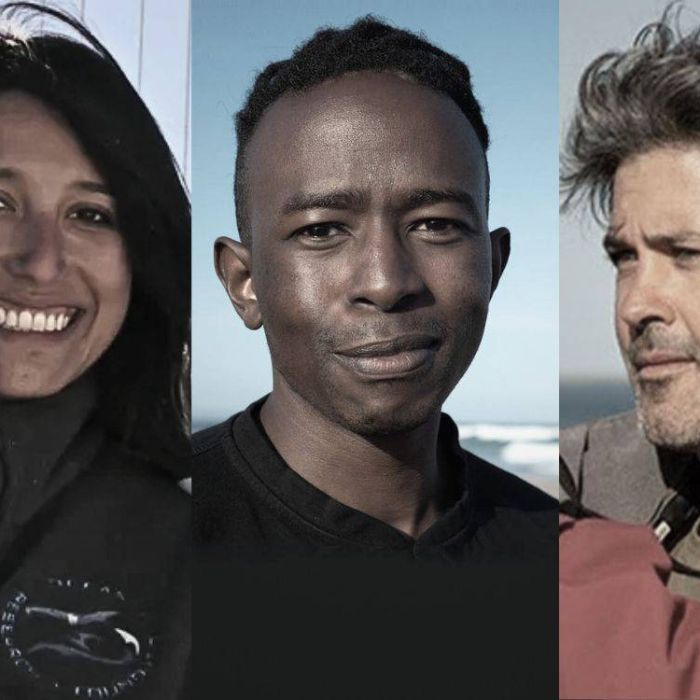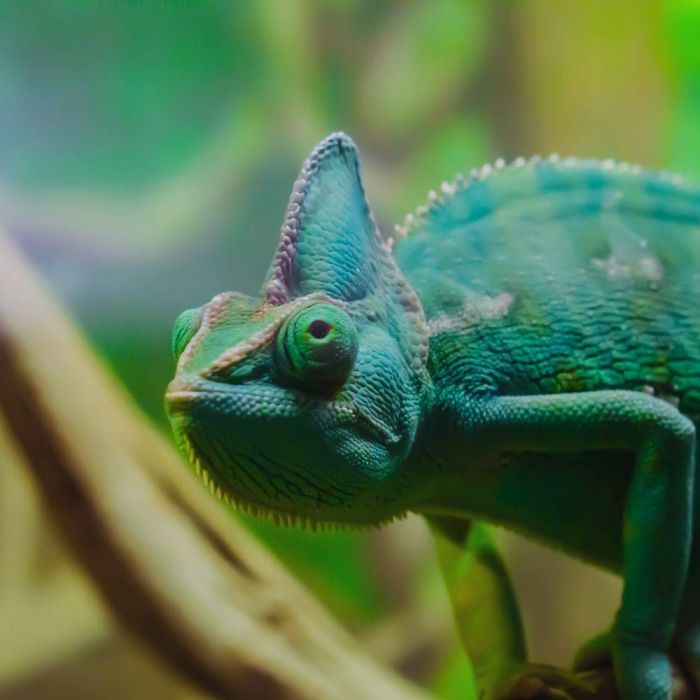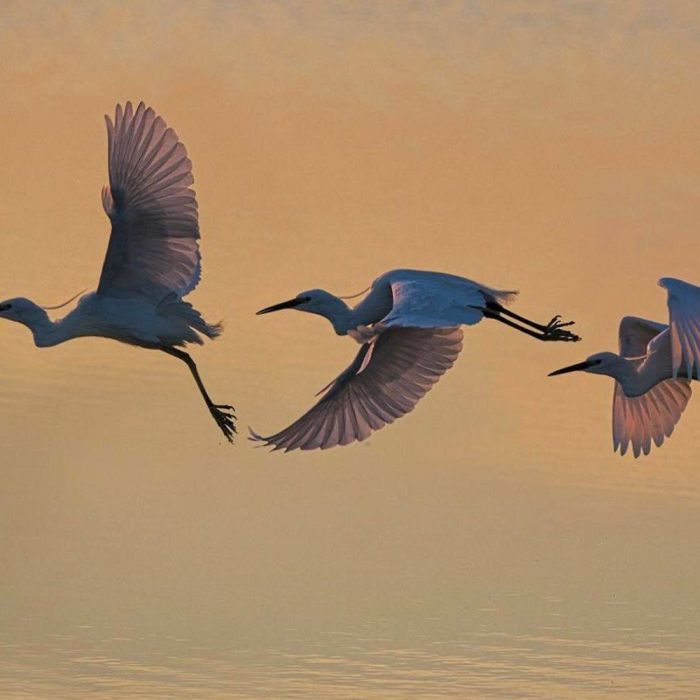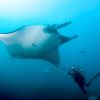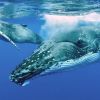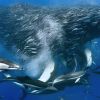Partner content
Advertise hereThe great white shark is a fish that inspires fascination mixed with dread. The white shark is the protagonist of many legendary stories told by the documentary filmmakers and camera crew of Gloworm; it is little wonder that people dream of getting up close and personal with one of the ocean’s most enigmatic residents. The popularity of cage diving with great white sharks has increased in recent years, with many people seeking the adrenaline rush of interacting with these streamlined apex predators.
Gansbaai in South Africa was historically the white shark go-to place, with the Guadalupe Islands hot on its heels. Both venues are now seemingly finished as white shark hotspots for different reasons! During the winter months, pods of Orcas regularly enter South African waters to hunt. Two of these Orcas were targeting the shark’s liver, which is nutrient-dense. The predatory behaviour of the two Orcas resulted in a significant decline in white shark populations in the area. As a result, operators of the shark cage diving industry saw a decrease in business, and many had to close their doors. The lack of white sharks has caused a ripple effect on the tourism industry in the area, as other businesses relied on the presence of enigmatic sharks to attract visitors. If you drive through the town of Gansbaai today, you’ll see Hotels, Guest Houses, and even restaurants with the name great white shark in their title sitting empty.
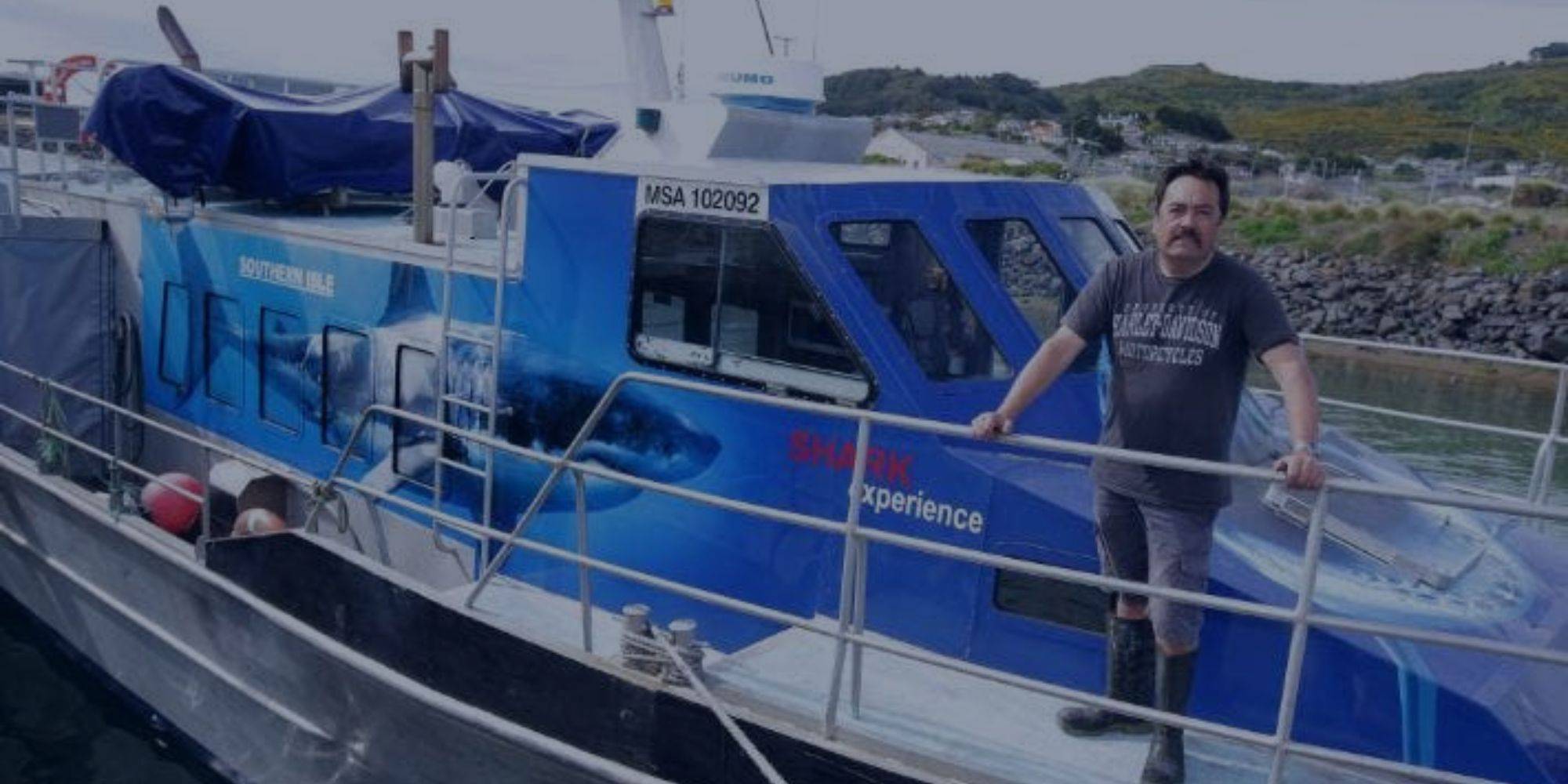
The Guadalupe Islands, located in the Pacific Ocean off the coast of Baja California, has long been a haven for adventurous travellers and wildlife enthusiasts. One of the most popular island activities has been white shark cage diving, which offers a unique opportunity to witness these majestic predators up close in their natural habitat and crystal clear water. However, in recent years, concerns about the impact of this activity on the ecosystem and the sharks themselves have led to the shutdown of white shark cage diving in the Guadalupe Islands. The decision to halt this activity was made in August 2018 by the government of Mexico, which controls the islands. While some argue that cage diving provides a valuable educational and conservation opportunity, others point to its adverse effects on the environment and the sharks. The potential for habituation made the government ultimately close the activity down. Habituation occurs when sharks become accustomed to the presence of humans and boats, leading to changes in their behaviour and interactions with other marine life. Habituated sharks are less likely to behave naturally, making it difficult for researchers and other experts to study them in their natural habitat. Fed sharks or those receiving banned foods such as whale or seal blubber are more likely to become habituated.
Enter New Zealand, long renowned for its stunning natural landscapes and diverse wildlife. From the majestic mountains of the Southern Alps to the picturesque beaches of the Coromandel Peninsula, the country has much to offer to tourists and nature lovers from around the world. In recent years, there has been a growing interest in a new kind of attraction – the possibility of viewing the elusive and majestic white shark in its natural habitat, white shark cage diving in New Zealand. The pristine waters and diverse marine ecosystems of New Zealand provide an ideal environment for white sharks to thrive. The country is surrounded by the Southern Ocean, home to an array of marine life, including seals, dolphins, and whales, all of which are a favourite food source for white sharks. Additionally, New Zealand’s extensive coastline and deep underwater canyons provide numerous hunting grounds for these apex predators, making it highly likely for visitors to encounter white sharks while on tour.
A popular location for diving with white sharks in New Zealand is Stewart Island. Located at the southern end of the South Island, Stewart Island is renowned for its rugged, untouched wilderness and incredible marine life. The surrounding waters are home to a large population of New Zealand fur seals, which attract white sharks looking for their next meal. However, divers may experience more extraordinary encounters in December-April when sharks search out newborn seals to feed on.
These diving sites not only draw in tourists from around the globe, but they play a critical role in shark conservation efforts as well. Due to increased eco-tourism activities and community education efforts, there is greater general awareness. This increased awareness has paved the way for scientific research, resulting in more significant support for vital shark conservation policies and research activities as people learn more about the critical role of the white shark in keeping marine ecosystems functioning smoothly.
Partner content
Advertise here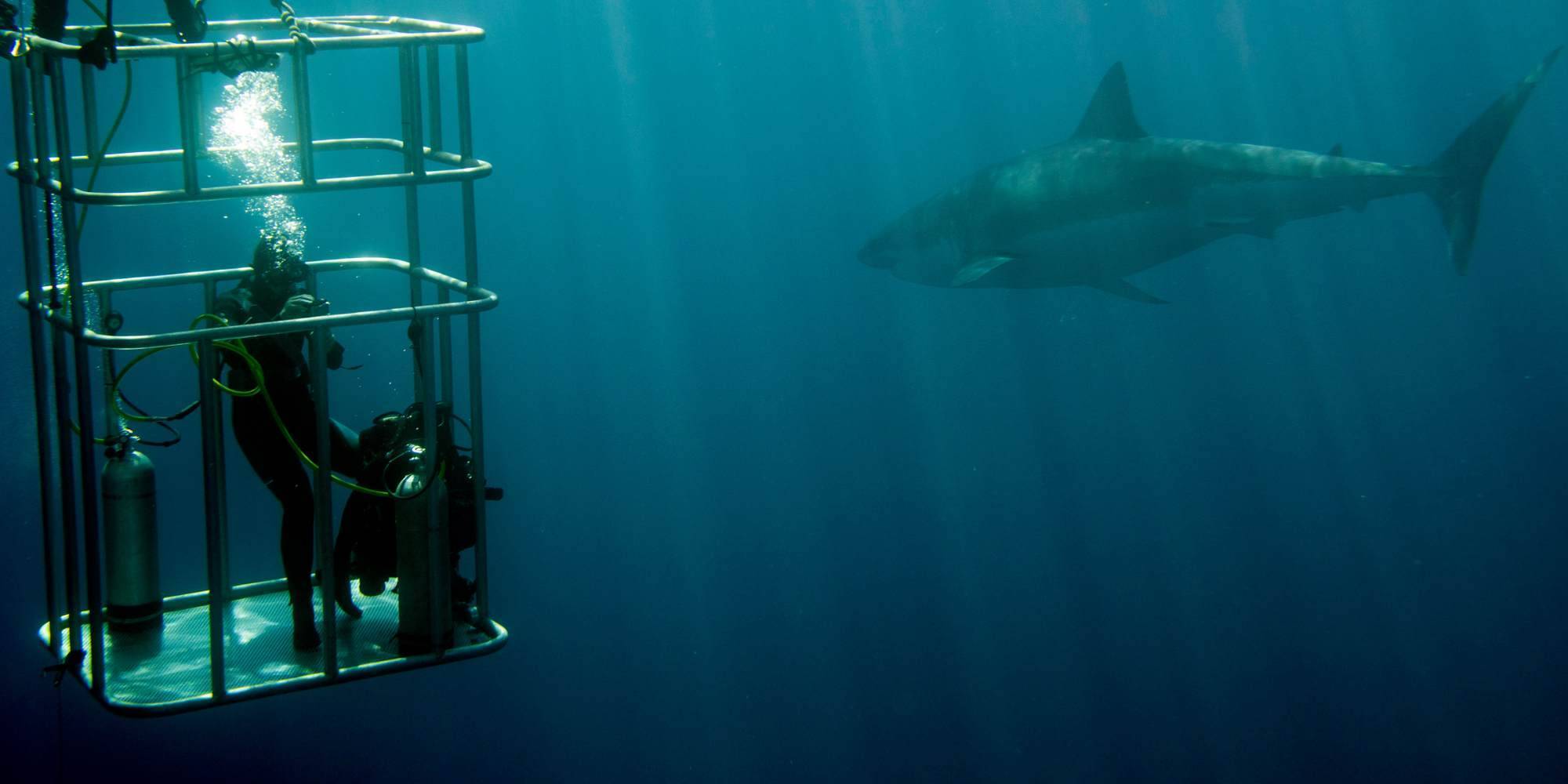
New Zealand’s conservation efforts have also contributed to an increase in white shark populations. The government has implemented strict fishing regulations that have decreased the number of all sharks caught unintentionally. Additionally, the government has established marine sanctuaries nationwide, protecting vital breeding and feeding grounds for white sharks. However, in a 2019 surpreme court case, the judge found that the activity of white shark cage diving did not fall within the scope of the 1953 Protection for Wildlife Act, and as such, the white shark cage diving industry is regulated by DOC and continues under self-regulation. Recognising the white shark as a valuable component of maintaining marine ecosystems has inspired ongoing research and conservation initiatives, including white shark cage diving in New Zealand. These tours can gather essential data for researchers and provide respectful encounters that foster more significant knowledge about these misunderstood predators. As with any adrenalin-driven activity, cage diving requires following stringent self-imposed safety guidelines and procedures to achieve an enjoyable experience. Reputable diving operators in New Zealand boast excellent safety records while offering all the equipment and guidance necessary for an effortless dive. This is despite no legal permitting system being in place for the attraction of white sharks in New Zealand.
.Kiwi operators can benefit by learning from the mistakes made by their colleagues in South Africa and Guadalupe when arranging white shark cage diving in New Zealand. The operators must understand the need to follow an accepted code of conduct (even if voluntary) to sustain this industry. The people involved in white shark cage diving in New Zealand already go to great lengths to minimise detrimental impacts on shark habitat and the many marine animals involved in the industry. They should continue to do so.
The desirability of cage diving has been a hotly contested issue for some time worldwide, with opponents arguing that it threatens the marine ecosystem and the safety of both humans and sharks. There is no reason for this to be the case. If the New Zealand operators continue to ‘toe the line’ and comply with a code of conduct managing this eco-tourism activity, there is no reason to close it down. It is fundamental to the ongoing success of this activity that the operators do not feed the sharks, and in this way, they will prevent habituation.
White shark cage diving in New Zealand does and must continue to provide conservation initiatives that benefit the local communities. Scientists must continually be allowed to study the sharks and the universal effects of the industry, in other words, the cascading impact of the sector on surrounding sea life. In this way, a sustainable white shark cage diving industry in New Zealand can persist. There is potential for New Zealand to become the top white shark cage diving venue in the world, as that slot is currently wide open. If managed and run effectively, white shark cage diving in New Zealand can become an industry that not only garners respect but paves the way for other countries to follow suit.
Currently in New Zealand, a single operator (Shark Experience – Shark Cage Diving) is operational in New Zealand under the guidance of Mike Haines – Visit Shark Experience here. In addition, former shark cage-diving operator Peter Scott will run occasional charters, primarily for dedicated film crews or professional photographers and content creators.





